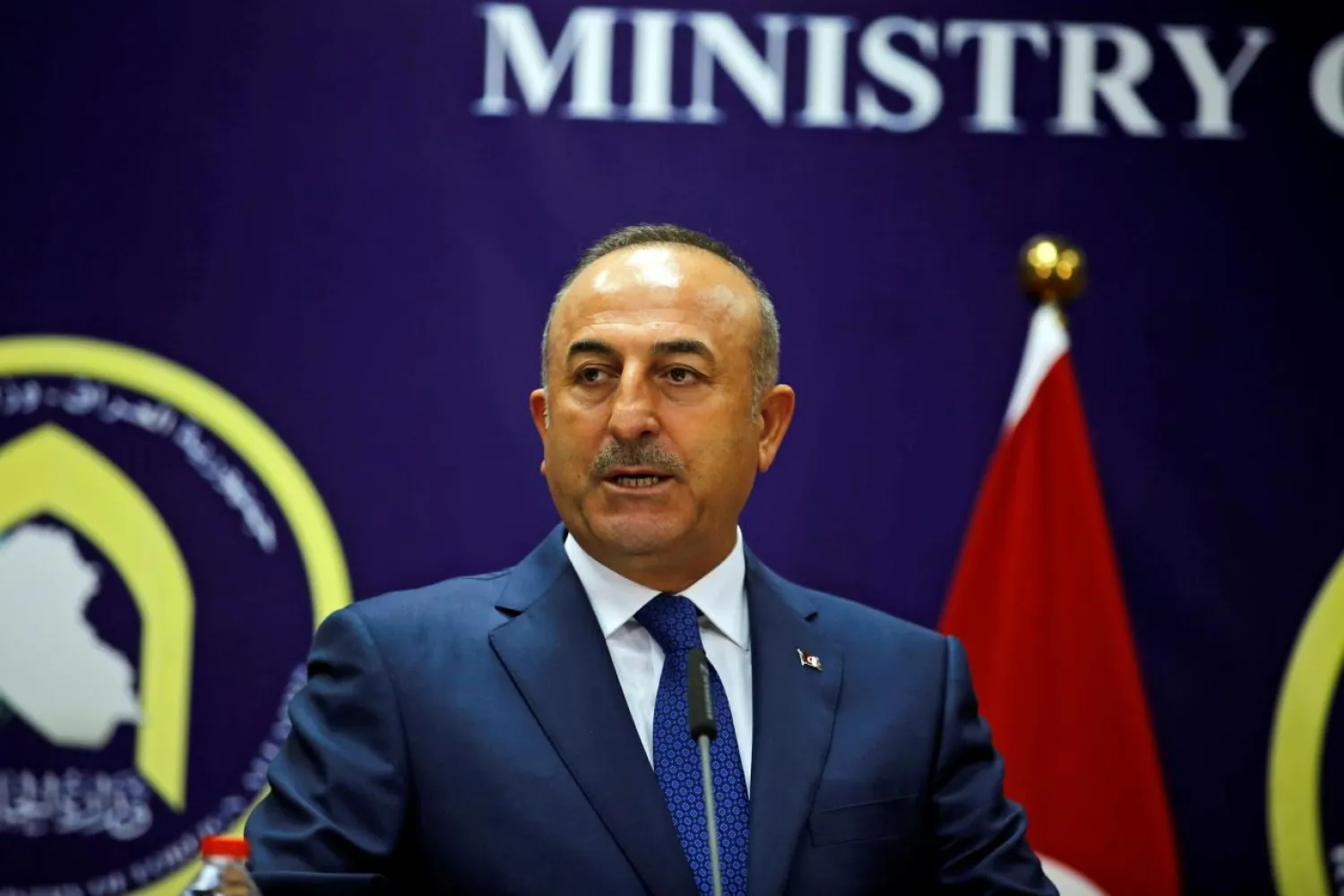Turkey has renewed its rejection to see the head of the Syrian regime, Bashar al-Assad, in power as part of any solution to resolve the Syrian crisis.
Turkish Foreign Minister Mevlut Cavusoglu said on Tuesday that the head of the Syrian regime “cannot unite Syria and must step down.”
“For us, Assad cannot unite Syria,” Cavusoglu said in an interview with the German news agency. “For us, such a system must not remain even for a transitional period. This is our position. He has to step down.”
He pointed out that efforts made by his country, with both Russia and Iran to establish de-escalation zones in Syria, have succeeded significantly in improving the situation there, warning at the same time that the collapse of the cease-fire agreements would put more pressure on Europe.
“Of course, if the war in Syria resumes, more refugees will arrive in Turkey and there will be greater pressure on Europe,” he said.
He continued: “I hope we can strengthen the ceasefire, and I am very optimistic. The situation on the ground in Syria is much better than it was a year ago... One cannot even compare.”
The Turkish minister said last month that the Syrian regime did not represent a threat to Turkey and could not carry out a military operation against it, noting at the time that the threat came from the Kurdish militias in Afrin, and that his country might conduct a military operation there, in coordination with Russia, if necessary.
Turkish media reports indicate that the Turkish military may launch an expanded military operation in Afrin, with the participation of factions of the Free Syrian Army, possibly extending to other areas under the control of the Kurdish Democratic Union Party.
Turkey Reiterates Rejection of Assad Staying in Office

Turkish foreign minister Mevlut Cavusoglu speaks during a joint news conference with Iraqi Foreign Minister Ibrahim al-Jaafari (not pictured) in Baghdad, Iraq August 23, 2017. REUTERS/Khalid al Mousily

Turkey Reiterates Rejection of Assad Staying in Office

Turkish foreign minister Mevlut Cavusoglu speaks during a joint news conference with Iraqi Foreign Minister Ibrahim al-Jaafari (not pictured) in Baghdad, Iraq August 23, 2017. REUTERS/Khalid al Mousily
لم تشترك بعد
انشئ حساباً خاصاً بك لتحصل على أخبار مخصصة لك ولتتمتع بخاصية حفظ المقالات وتتلقى نشراتنا البريدية المتنوعة







